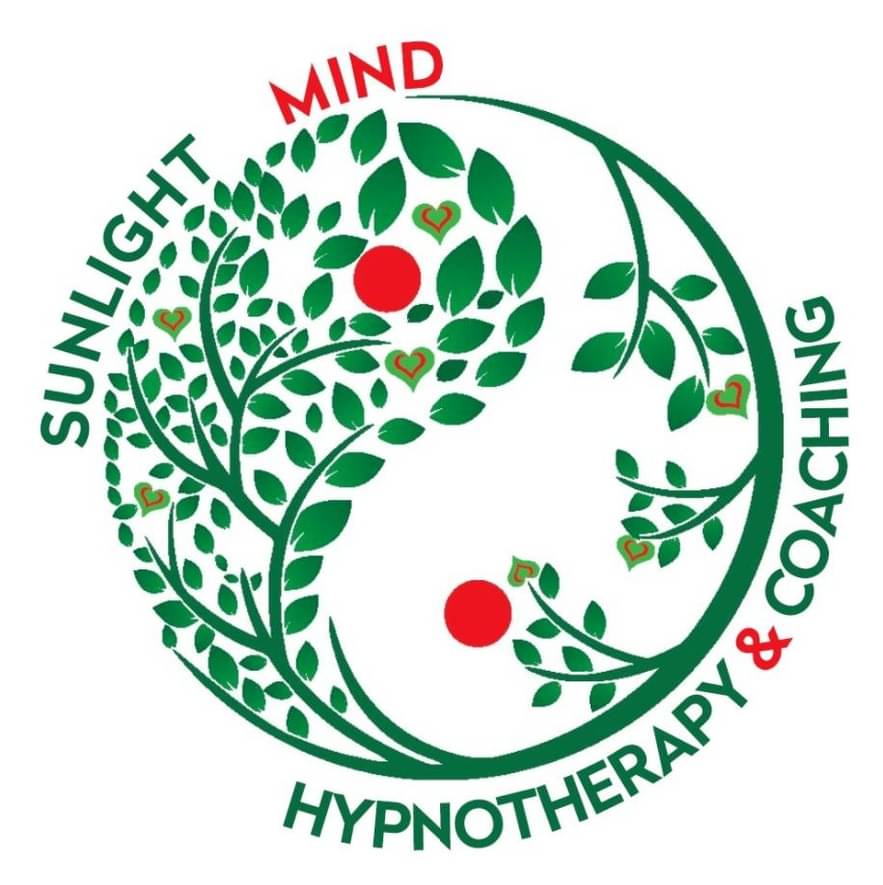You may have heard of a Zen concept called beginner’s mind. It’s one way of describing the way we feel, and the rapid progress we make when we take up a new activity that we’re excited about.
You can cultivate that mindset so that it becomes a lasting part of your meditation practice or any endeavor. Consider these 3 elements that will help you delight in learning more about yourself and what brings you peace and joy.
Being Enthusiastic
The first time you bake sourdough bread or bike to work, you may be enthralled by the whole experience. After it becomes a regular habit, you start to feel a little stale.
See how to hold onto your initial zeal:
- Remember your purpose. Think about why you’re meditating in the first place. Maybe you’re interested in the mental and physical health benefits. Maybe it’s an important part of your faith.
- Dedicate your efforts. Imagine you can use the positive thoughts you gather while meditating to enhance the welfare of yourself and other creatures. Those kind intentions will pay off.
- Stay on track. When your meditating session ends, hold onto the awareness and compassion you just generated. That way you’ll reduce stress and boost your energy levels.
Getting Down to Basics
Maybe the basics of meditation sound like stuff you already know. In reality, building a strong foundation helps you to quiet your mind and stick to a regular schedule. Meanwhile, keeping that foundation firm requires periodic maintenance.
- Sit up straight. Find a comfortable sitting position. You may choose the floor, a cushion, or a chair. Draw back your shoulders and lift your chest.
- Breathe deeply. Focus on the air entering and exiting your nostrils. You may want to count along with each inhalation and exhalation.
- Scan your body and mind. Bring your attention to the soles of your feet and travel upwards, checking for any signs of tension or soreness. Imagine your breath is warming and healing any trouble spots. Let your usual thoughts and concerns drift away.
- Check in occasionally. After a while, these first steps will probably become automatic. Reviewing them once in a while will give you an opportunity to correct any lapses or find ways to go deeper. Maybe you’re ready to sit comfortably in half or full lotus. Maybe you can use your thoughts to ease a tension headache or a sore back.
Managing Expectations
Each meditation session is different. Whether you’re just starting out or you’ve been sitting for years, you may be surprised by what happens.
- Be flexible. You’ll probably notice ups and downs in your practice. If you’ve been up all night with a sick child or a tight deadline at work, try a shorter session. If you’re anxious about a job interview or an argument with your partner, do a walking meditation that will help you settle down.
- Adjust your focus. Different approaches are needed depending on whether you feel sluggish or your thoughts are racing. Quick breathing can wake you up, while gazing at a fixed point can calm you down.
- Accept what comes. Be prepared for days when insights come easily, and other days when your mind wanders in circles. As long as you meditate consistently, you will move forward.
A beginner’s mind can enrich your meditation practice and any of your daily activities. Stay open to the possibilities that surround you. Greet each day like a new start, and enjoy more happiness and fulfillment.

